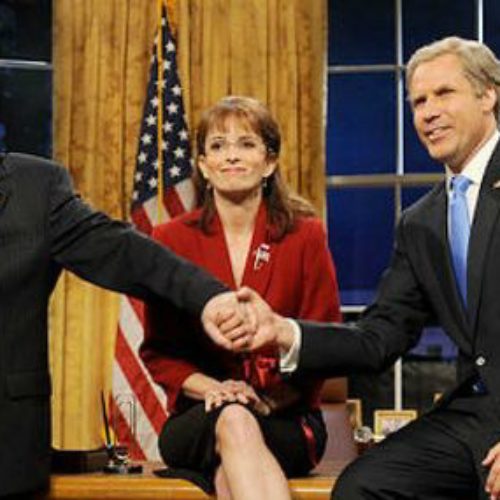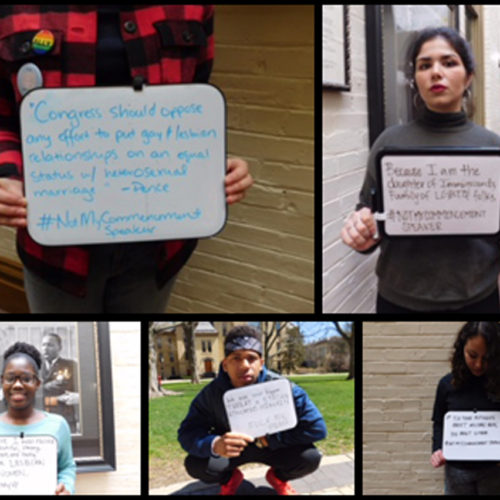Why love eludes the modern woman
In the opening to what I consider the most important chapter in Camille Paglia’s new book, Free women, Free Men—Chapter 17: “The Modern Battle of the Sexes”—Paglia, a dissident feminist and lesbian, writes the following:
“As we survey personal relationships, it is clear that the sexual weather is cloudy and stormy. There is an atmosphere of tension, of suspicion, of mutual recrimination between the sexes which feminism has not helped but in fact materially worsened. How did we get to this point? What prognosis is there for the future?”
After praising the work of authentic, or original, feminism, Paglia explains that the movement began its descent when it turned on men.
The feminists of the 1920s and 30s “showed with class and style what it was to be a modern woman, free of the shackles of the past.” But there was not “the kind of wholesale male-bashing or derisive denigration of men that would later become so entrenched a feature of the second wave of feminism that continues at present.”
Paglia herself was raised in the 1950s and became enamored with women such as Amelia Earhart, Katharine Hepburn and Germaine Greer—all of whom represented, to her, “the new 20th century woman.” However, she adds, these women were childless.
That’s what separates Camille Paglia from the feminist talking heads of today. She recognizes biology and concedes that most women are driven to become mothers—and want their lives to reflect that desire. “Feminist ideology has never dealt honestly with the role of the mother in human life.”
Indeed it hasn’t. Women are routinely pulled away from this natural human longing, as though wanting a child, or God forbid taking care of one, makes a woman a lesser being. They are also told that behind this desire is a society of men who want to keep women down.
“[Feminist ideology’s] portrayal of history as male oppression and female victimage is a gross distortion of the facts,” writes Paglia. “There was a rational division of labor from the hunter and gatherer period that had its roots not in the male desire to subjugate and imprison but in the procreative burden which has fallen on woman from nature.” She adds, “Feminism cannot continue with this poisonous rhetoric—it is disastrous for young women to be indoctrinated to think in that negative way about men.”
I couldn’t agree more. That’s why I wrote “The War on Men” in 2012, in which I describe the precarious nature of gender relations. Women have become angry and defensive as a result of being raised to view men as the enemy.
Armed with this new attitude, women enter relationships with a chip on their shoulder and a sword in their hand, ready to defend themselves against any man who’ll squash them like a bug.
The sad irony of it all is that most men have no desire to squash women like a bug. That’s the narrative feminists sell, but it’s bogus. “The atrocious exceptions have been used by feminist theorists to blame all men.” writes Paglia.
In other words, women have been arming themselves for no reason. That’s why love eludes them. Love doesn’t flow from a well of anger and aggression.
And so, like Paglia, I too fear for the state of sexual relations. Women today don’t know what they want. They’re torn between wanting to be like men, while at the same time wanting to find a real man.
But real men, aka alpha men, are increasingly hard to find. Why? Because they’ve been told their masculinity is toxic. And since men are wired to please women, they’ve obliged. As Paglia puts it, they’ve become “men on the leash, intimidated by female demands.”
They’ve become pussified.
Ironic, isn’t it, that it takes a lesbian to point out what this means for heterosexual relations. “The more men accept the feminist line on what women want, the less women want them.”
Bingo.
And if we don’t reverse course, we’re doomed.
This article is by Suzanne Venker and was originally published at suzannevenker.com.




